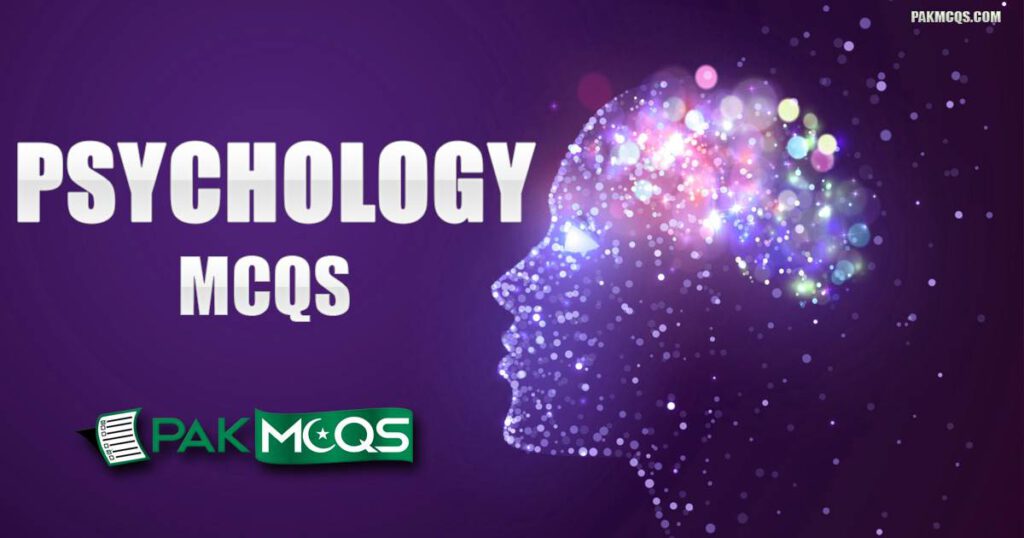A. gamma – aminobutyric acid (GABA)
B. epinephrine
C. acetylcholine
D. dopamine
Psychology Mcqs
Psychology Mcqs for Preparation – These Multiple Choice Questions are important for Lecturer Psychology, Clinical psychologist, Counselling psychologist, Educational psychologist and Forensic psychologist Jobs tests. Psychology Mcqs questions are very important for all type of exams conducted by Fpsc, Nts, Kppsc, Ppsc, Spsc, Bpsc, Ots, Uts, Pts, Cts, Ats, etea and other testing agencies of Pakistan.
| PSYCHOLOGY MCQS | |||
|---|---|---|---|
| 1. Introduction to Psychology | 2. Emotions | ||
| 3. Therapy | 4. Memory | ||
| 5. Intelligence | 6. Infancy And Childhood | ||
| 7. Health Psychology | 8. Forensic Psychology | ||
| 9. Branches of Psychology | 10. Attitudes, Attributions And Social Cognition | ||
| 11. Adolescence And Adulthood | 12. Abnormal Psychology | ||
| 13. Social Psychology | 14. Sensation And Perception | ||
| 15. Research Methods | 16. Psychology Theories | ||
| 17. Psychological Disorders and their Treatment | 18. Personality | ||
| 19. Organizational Psychology | 20. Nervous System | ||
| 21. Motivation | 22. Methods and Approaches | ||
| 23. Methodology | 24. Major Thinkers in Psychology | ||
| 25. Learning | 26. Language And Thought | ||
| 27. Interpersonal Relations And Group Processes | 28. Industrial Psychology | ||
| 29. Educational Psychology | 30. Developmental Psychology | ||
| 31. Criminal Psychology | 32. Coordination | ||
| 33. Cognitive Psychology | 34. Biological Foundations of Behavior | ||
| 35. Miscellaneous Psychology | 36. | ||
A. deficiencies in nutrition
B. substance abuse
C. perinatal hypoxia
D. parental viral exposure
A. Mid 40s
B. Adolescence
C. Early 20s to early 30s
D. Late 30s to early 40s
A. involuntary movements of tongue and face
B. no movement at all
C. slow movements
D. clapping of the hands repeatedly
A. Haldol
B. Clozaril
C. Thorazine
D. Losec
A. Ataxia
B. Wakefulness
C. Drowsiness
D. confusion
A. Little Benjamin
B. Little Hans
C. Little Albert
D. Little Firtz
A. Threat perception (how dangerous individual believes the threat to be)
B. Modeling (shaping behaviour due to observation of other actions)
C. Conflict in the psyche (conflict between id, ego and superego)
D. Genetics alone affects the likelihood of an individual developing a phobia
A. Hypnosis
B. Gradual exposure
C. Avoidance
D. Medication
A. Decreased heart rate
B. Palpitations
C. Sweating
D. Shortness of birth


